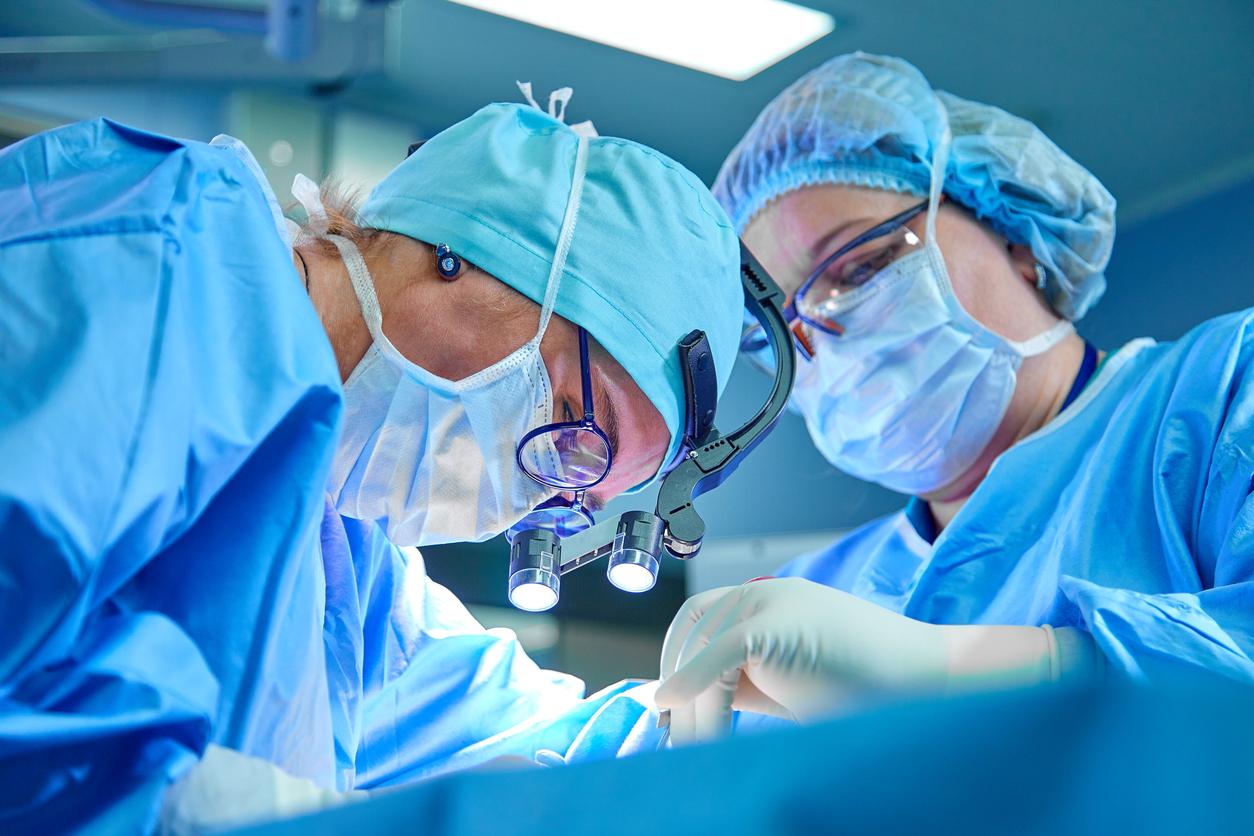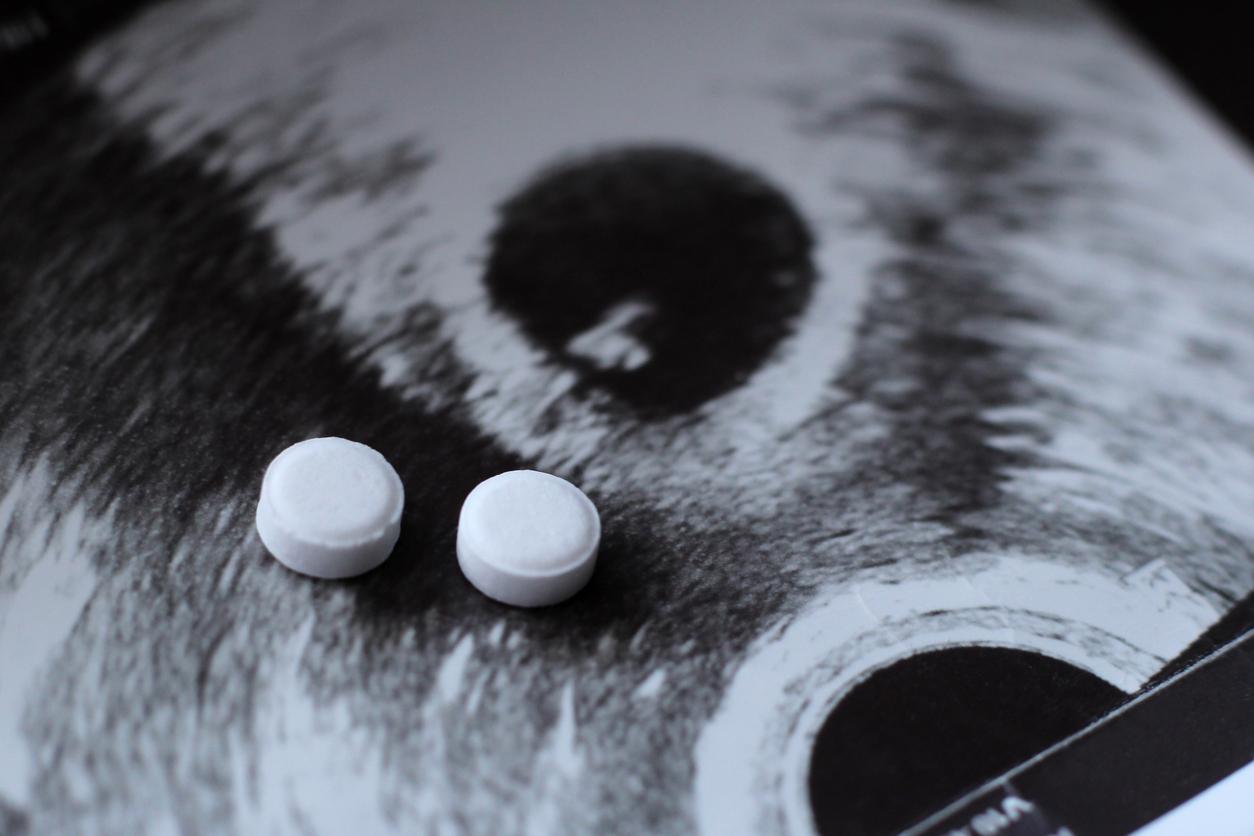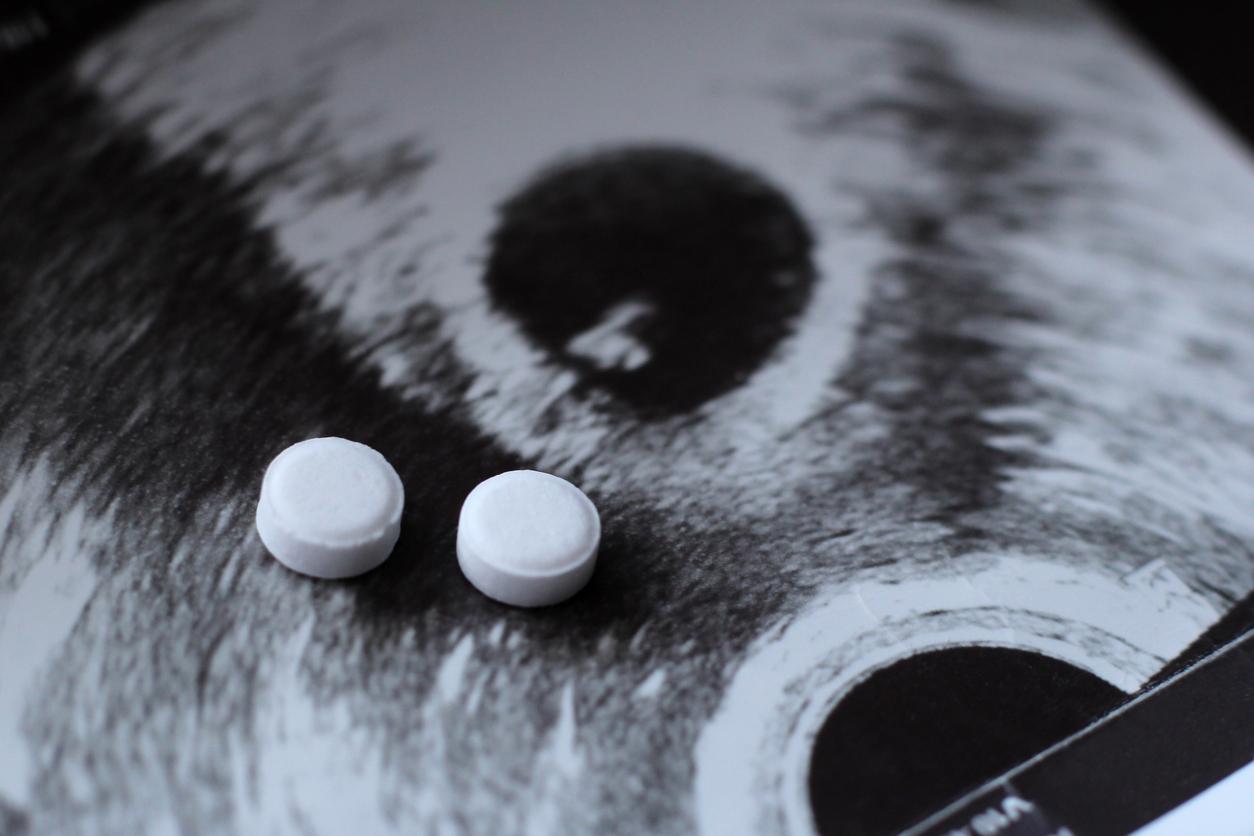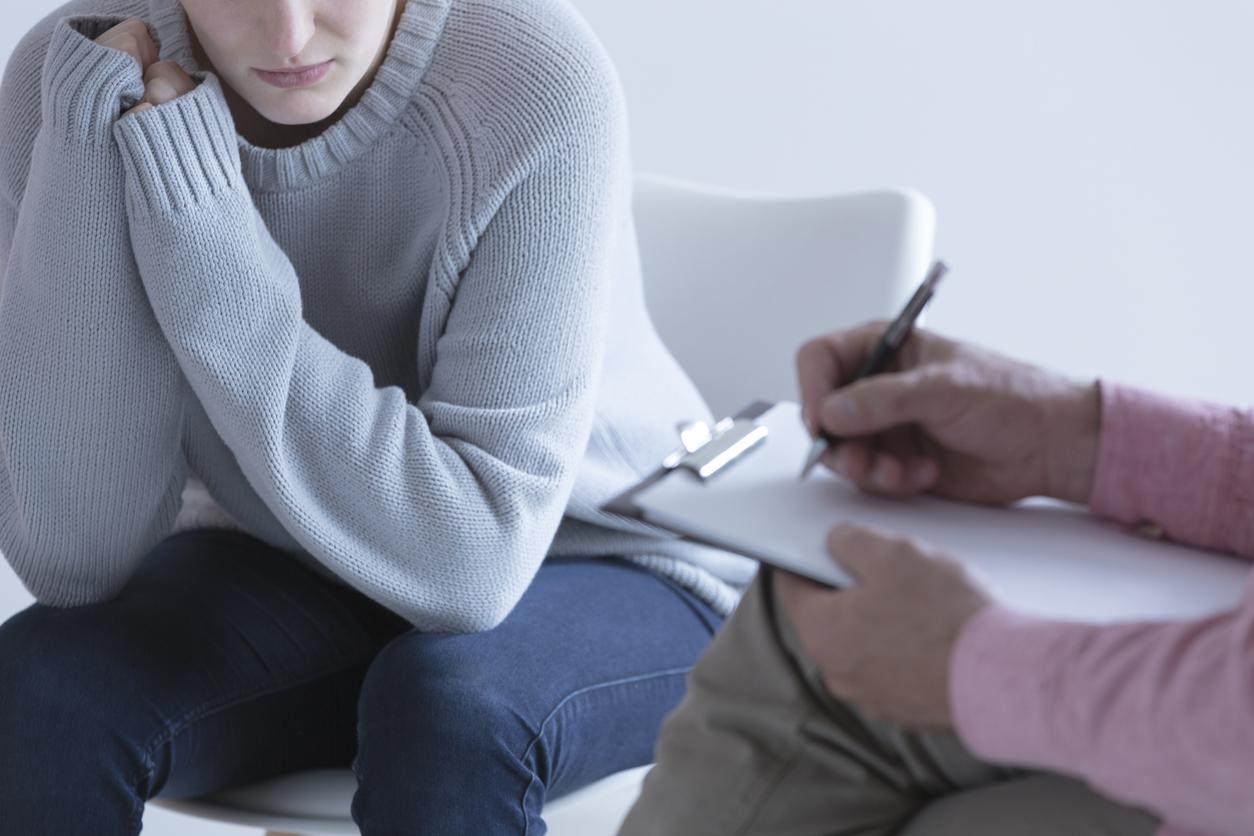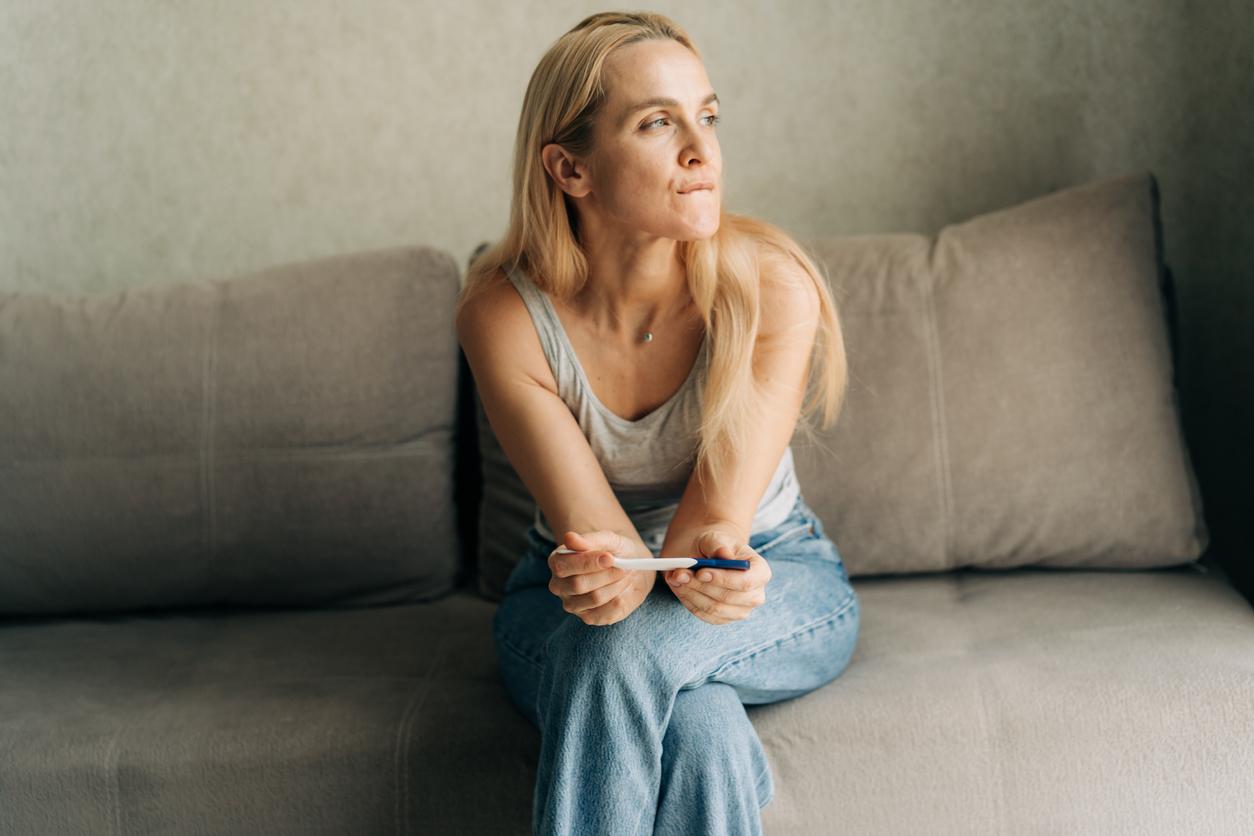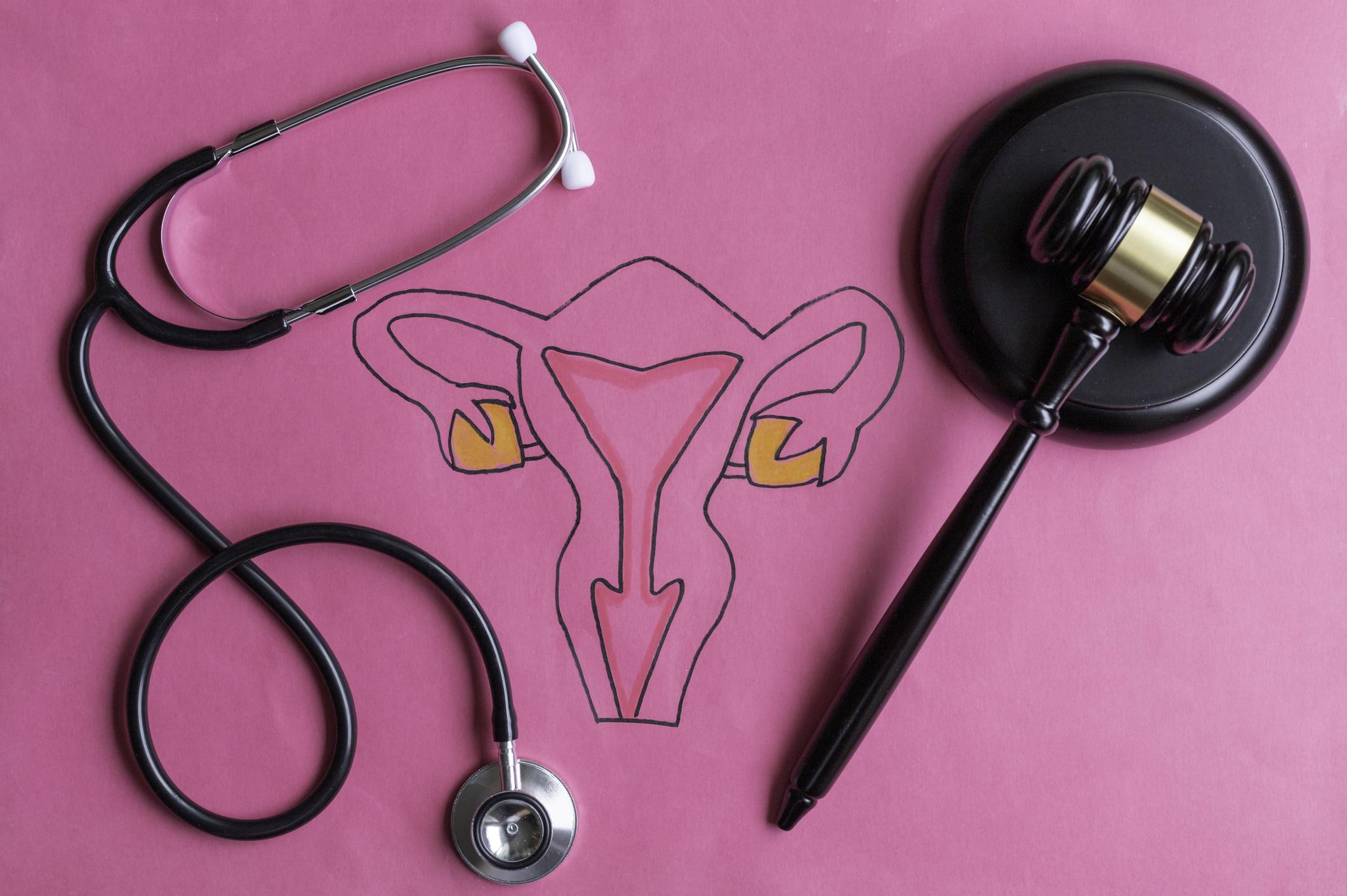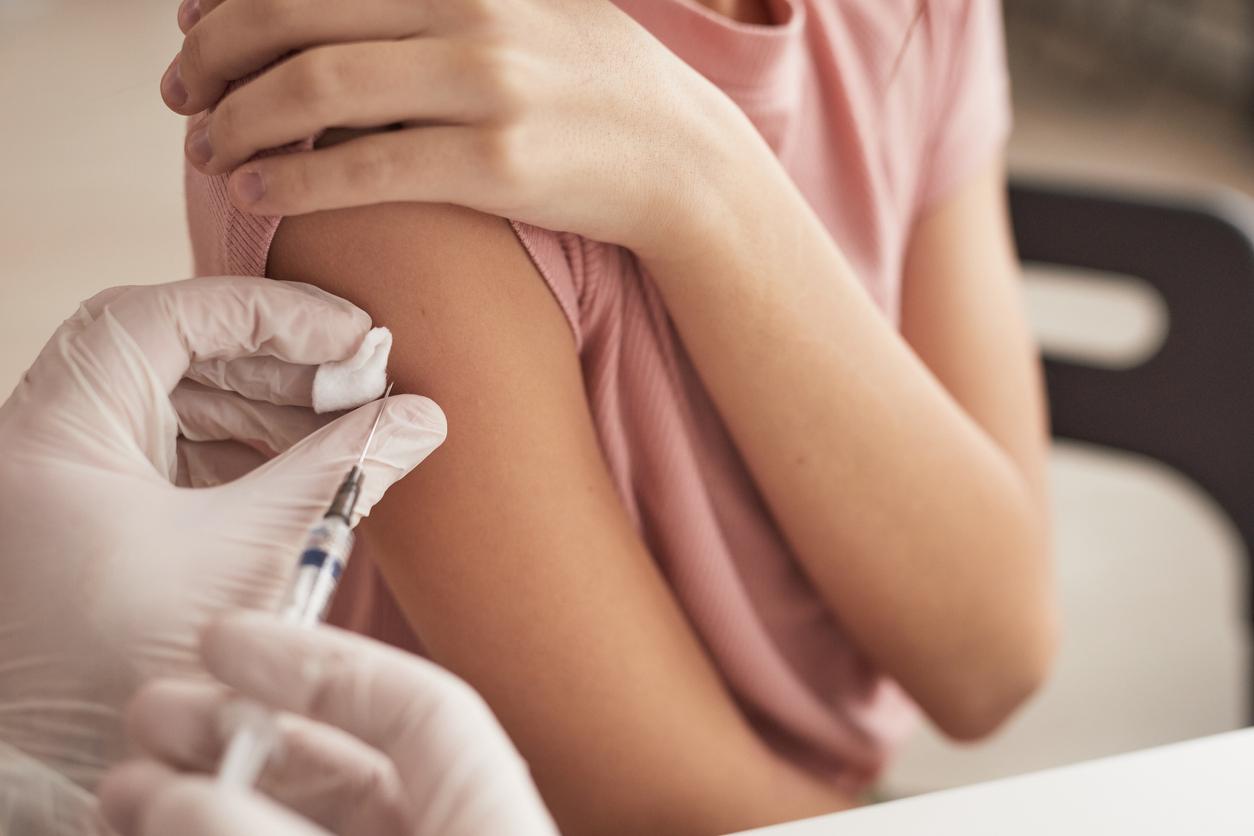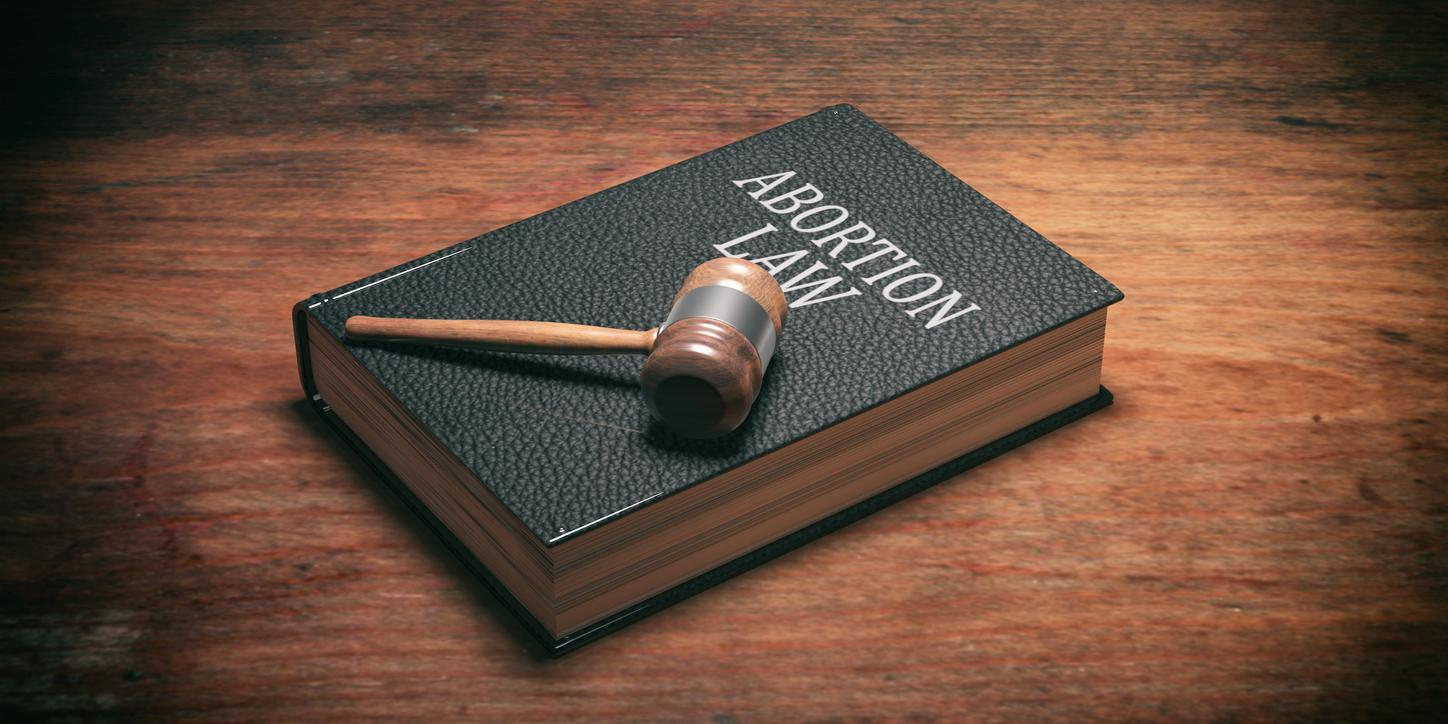In France, inequalities in access to abortion persist, but women are better informed of their rights thanks to a dedicated site.
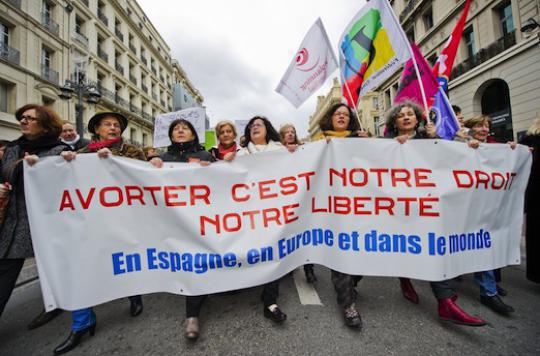
In 2013, Laura * experienced her abortion as a “punishment”. “When you are welcomed into a maternity hospital, next to young mothers, with few staff to answer your questions, you feel lost, you feel guilty,” she explains.
Like her, 220,000 women have an abortion every year in France. Two years ago the government launched an internet platform to answer their doubts and questions. The idea was to present objective information, to explain to French women that abortion is a procedure offered just like any other, by the public health system.
Better inform
Before the creation of this site, women were often redirected to websites, or to forums presenting abortion in a very negative way. The establishment of an information system at the national level has made it possible, on the one hand, to give better visibility to abortion, and to strengthen the quality of communication on the subject.
 Listen…
Listen…Véronique Sehier, co-chair: “A number of sites existed and presented themselves as news sites. But they did not give objective information, they carried a stigmatizing message, saying that abortion was traumatic … “
On the other hand, the guilty discourse around abortion, which is still present, has been undermined by reaffirming the right of women to dispose of their bodies and to have an abortion. The discourse of anti-abortion sites is relegated to the background.
 Listen…
Listen…Veronique Sehier : ” It is no longer fashionable to say that we are against abortion, but a speech is still broadcast on the trauma that this represents. What is certain is that when you type in the information, it is this site that emerges, before we had only anti … “
* The first name has been changed
Respond to the conscience clause
This speech, Laura experienced during her abortion. “My doctor and my relatives could not understand that for some women, having an abortion is a necessity,” she explains. For Véronique Sehier, the dissemination of clear and objective information has also helped women like Laura to feel more confident in the face of health professionals.
The draft health law does not remove the conscience clause for doctors. However, by being better informed, women feel more confident of their rights and can better assert them when faced with practitioners who refuse to perform abortion. They are better equipped to appeal to the law, and to ask another doctor to intervene.
Territorial inequalities
In addition to the site, the various Regional Health Agencies (ARS) are responsible at their level for informing women about their right to abortion, and must set up telephone numbers to answer them. But this support varies in quality from one region to another. The idea of the Ministry of Health was therefore to make the Web platform a lever of equality for women, whatever their region or their social background. And, to strengthen this measure, the ministry is launching a national toll-free number on Monday.
However, improving access to information does not solve the major problem of access to abortion, as such. In many regions, inequalities persist, as explained by Dr Gilles Lazimi, general practitioner at the Romainville health center (Seine-Saint-Denis), and specialist in women’s health. In some cases, women are well aware of their rights, but have limited access to the abortion procedure, especially following the closure of many local hospitals in recent years.
 Listen…
Listen…Gilles Lazimi, general practitioner in Romainville: ” We know that 130 centers have closed their doors in ten years. It creates inequalities. We must also train doctors who do not want to have abortions not to reject these patients, not to make them feel guilty, and to do their work as doctors. “
The measures included in the health law should provide concrete solutions to this problem, in particular by allowing midwives, spread across the country, to perform medical abortions or at health centers to perform instrumental abortions.
.








